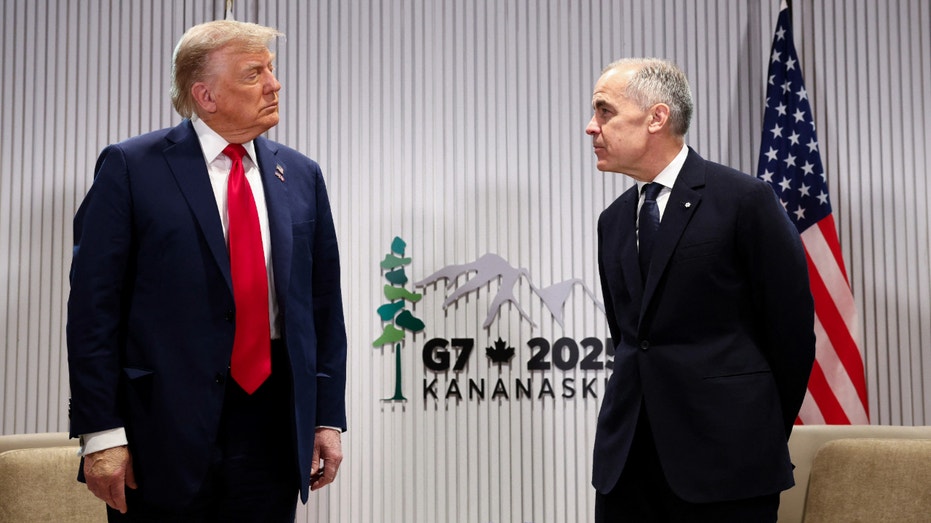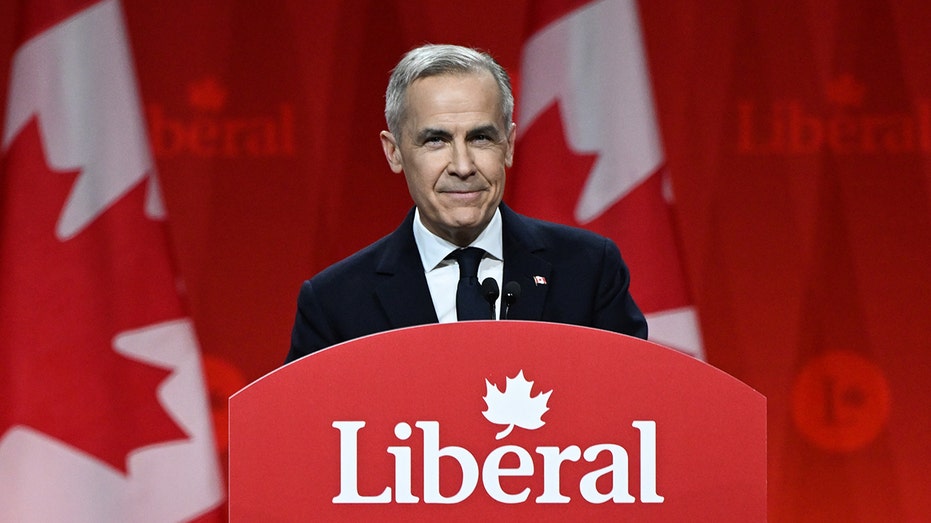The Canadian government rescinded a digital services tax that was set to take effect on Monday after President Donald Trump threatened to break off trade negotiations between the U.S. and Canada over the tax.
Canada’s government adopted its 3% digital services tax a year ago and collections were due to begin on Monday. The tax applied to large tech companies that made more than $20 million a year in revenue from online marketplace services, online advertising, social media services and certain sales of user data involving engagement with users in Canada.
The digital services tax would apply regardless of whether the company is headquartered in Canada, and also would’ve applied retroactively to 2022, putting a roughly $2 billion tax burden on major U.S. tech companies that do business in Canada.
Canada’s digital services tax elicited pushback from both the Trump administration and the Biden administration, which was in office when it was initially devised and said the proposed tax was inconsistent with an existing trade agreement. Tech companies like Amazon, Meta, Google and Apple opposed the tax.
CANADA TO RESUME TRADE TALKS WITH US AFTER RESCINDING DIGITAL SERVICES TAX
Trump said Friday that he would halt trade talks between the U.S. and Canada, slamming America’s northern neighbor as “a very difficult Country to TRADE with” in a post on Truth Social, adding he would inform Canada about its tariff rate in the next seven days.
The Canadian government announced Sunday that it would rescind the digital services tax, halting tax collections scheduled to begin on Monday while legislation to formally overturn the measure is prepared by parliament. It added that it would prefer to reach an agreement with other countries on digital services taxes.
CANADA RESPONDS AFTER TRUMP HALTS TRADE TALKS OVER DIGITAL SERVICES TAX

“The DST was announced in 2020 to address the fact that many large technology companies operating in Canada may not otherwise pay tax on revenues generated from Canadians,” Canada’s finance ministry said in a statement. “Canada’s preference has always been a multilateral agreement related to digital services taxation.”
“In our negotiations on a new economic and security agreement between Canada and the United States, Canada’s new government will always be guided by the overall contribution of any possible agreement to the best interests of Canadian workers and businesses,” Prime Minister Mark Carney added.

The U.S. is Canada’s largest trading partner, while Canada is the largest importer of American exports and one of the top three sources of U.S. imports.
The American and Canadian governments previously agreed to a July 21 deadline for trade negotiations. The U.S.-Mexico-Canada Agreement (USMCA) is due to be renegotiated by next year.
Reuters contributed to this report.
Read the full article here









